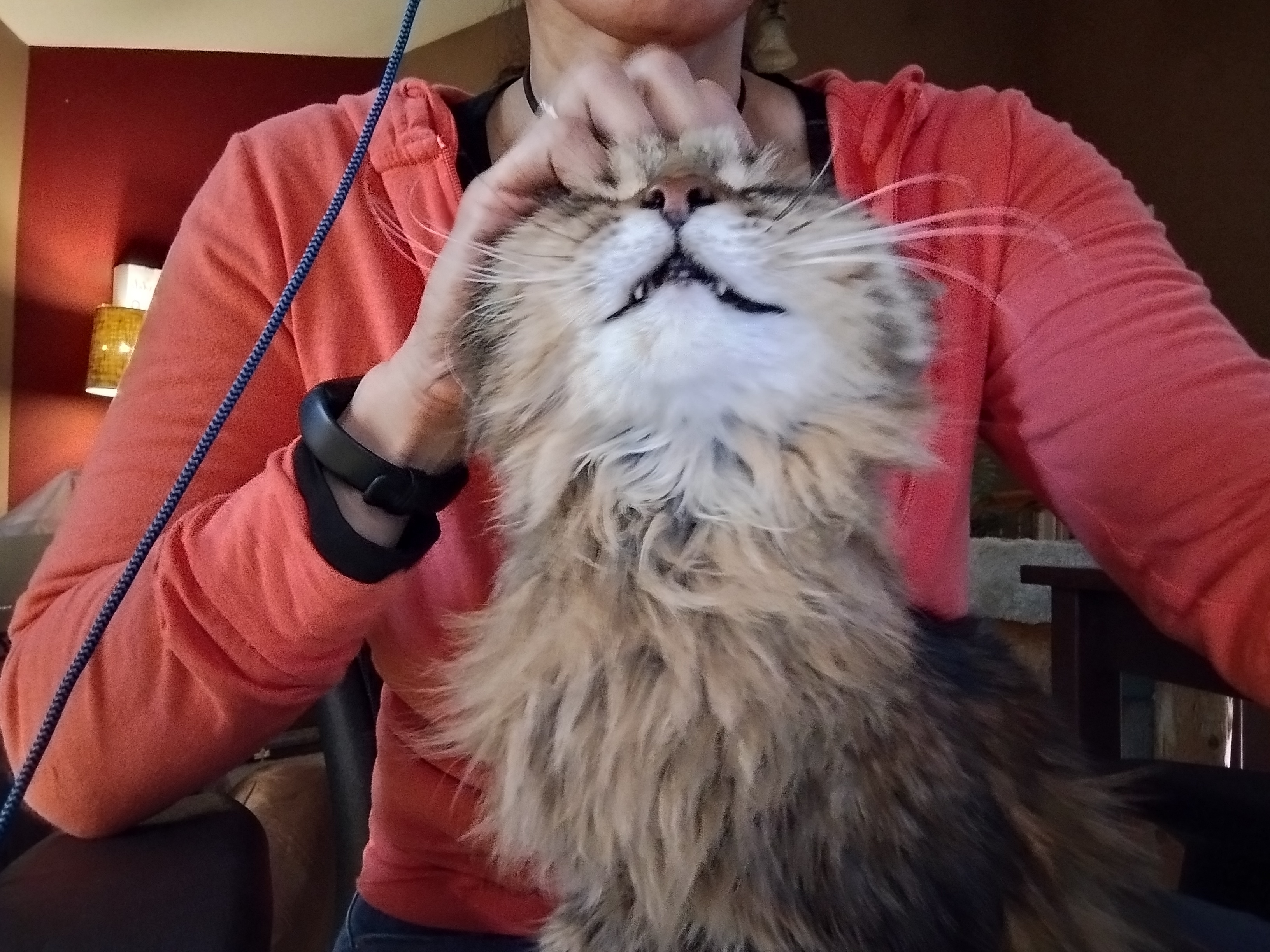Summer is fairly easy. Other than the sun never setting, it is pretty similar to other parts of the USA. The big difference is that you are a lot more affected by the wilderness, including large animals like moose, mosquitos, and bears.
Winter really sucks. Everyone has good Arctic gear to keep warm. Cars either need to be plugged in or left running to keep from freezing. Snow keeps piling up and doesn’t melt for a while.
There is a strong sense of community and helping out neighbors because it is the only way to survive out there. People leave their doors unlocked, in part because people may need to escape a large animal mentioned earlier.
That said, there are a lot of weird people in Alaska, mainly as it is a good place to find manual labor jobs that don’t require a background check. There is also a massive male-female imbalance.
large animals like moose, mosquitos, and bears
Damn, how large are the mosquitoes up there?
I just mentally imagine everyone carries rifles for bears. Is that a problem.
You’d also be pretty surprised how different trash cans are - we’ve got that in BC as well in some parts due to the bear problems.
Yes.
A lot of people also carry pistols.
Outside the cities most people will carry weapons. In the city fewer do, but bear spray is the go-to bear deterrent in the city parks and trails
Other than the sun never setting, it is pretty similar to other parts of the USA.
🤣
Alaska is a big place with very different climates places like Katchakan and Anchorage are about as different than Norway and Spain. in Anchorage having engine heaters you had to plugin in your car was one of the weird ones. People are inclusive and exclusive at the same time. if you are part of the community. People pull together and your neighbors will share extra salmon they have but if you are an outsider coming in it takes a while before they stop being actively hostile towards you.
it’s cold. Hope that helps ❤️
Nailed it. Thanks!
Helps with refrigeration.
Doesn’t help with cooking.
the more you know
I’m pretty sure Fargo is actually harsher than Anchorage. It’s so coastal that it’s not as cold as you might imagine.
If you’re talking about eastern Alaska, I can answer from a Canadian perspective, because the same stuff continues across the border (for a much larger area). Most people are native, plumbing has to go over the ground, roads are sometimes limited to the cold season or even non-existant. Lots of poverty, because that shit is all expensive, and traditional hunting plays a big role in livelihoods, just with skidoos/snow machines and rifles now. The biggest communities are still small or even tiny, and if it’s above the arctic circle people might not schedule their days the same, so you’ll see kids playing soccer in the sun at 2 AM.
Depends on what part of Alaska you’re talking about. South Central is all connected by a road system (yes, it’s paved) but there really aren’t many alternative routes, so if there’s a bad car accident or a landslide, you’re effectively cut off.
Another difference is the distance between places. When I travel to the lowered 48 I’m always reminded of that fact as pretty much every few miles is an exit to a new town but they all seem to have the same shitty strip/outlet malls and chain restaurants, like carbon copies of the next town over.
Here there tend to be small communities along the highways but all the communities seem to have a distinct vibe and flavor as other than a few pockets of larger communities there aren’t many chains until you get to the more populated areas.
Plus no billboards obstructing the views as you drive along the highways so it’s very scenic most of the time. Mountains everywhere for most of the road system.
Outside the road system the communities tend to be pretty small and very rural as they’re usually native Alaskan villages or small towns along the panhandle in the South East. They’re close to BC so very similar climate and topography.
Along the coast are many fishing towns that all tend to be similar. Harbor, bars near said harbor, churches, and small homes. With a general store and maybe a library.
Up north is where the climate sucks most of the year, except for about 2 weeks in the summer. Not many people other than Alaskan Natives are brave enough to live up there full time. I’ve worked up there on a 2 week rotation schedule but if I had to be up there full time, I’d go insane.
You make it sound amazing. I like how disruptive you made it.
Same.
When I lived in central Alaska, I saw summertime temps of up to 90F (32C) and wintertime temps down to -55F (-48C).
Summer was amazing; endless sunlight. 23.5 hours during the Summer Solstice. Want to play sports at 2am in broad daylight? Easy.
Winter was also amazing, but with the serious understanding that venturing outside without the proper life safety equipment (proper cold weather gear and communication with someone about your whereabouts and route), you could die in about an hour. But those Auroras… a stunning, and gorgeous midnight sentinel dancing above your head—absolutely worth it.
I miss it.
Northern Exposure.
Says it all.






